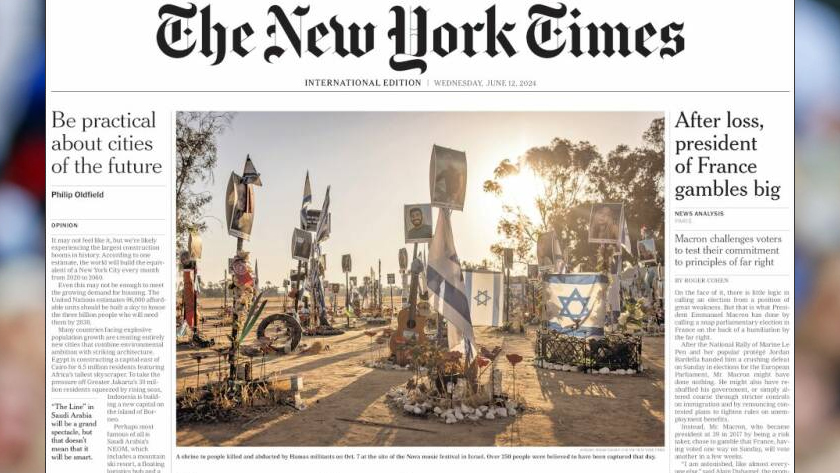Emmanuel Macron, the President of France, has sent shockwaves through the political landscape by announcing early parliamentary elections. This bold move has left his rivals scrambling to strategize and respond. The decision to call for early elections raises questions about the potential consequences and risks involved.
In the realm of political history, early elections have been utilized by leaders seeking to consolidate power, capitalize on favorable polling numbers, or address internal divisions within their party. However, they also carry inherent risks, including voter fatigue, backlash from the opposition, and the possibility of unintended consequences.
One notable example of early elections backfiring comes from the United Kingdom in 2017 when then-Prime Minister Theresa May called a snap election in an attempt to strengthen her majority. Instead, the Conservative Party lost seats and their majority in Parliament, resulting in a hung parliament and political instability.
The decision by Macron to call for early parliamentary elections has stirred debate and speculation about the potential outcomes. Will this move strengthen his position and secure a mandate for his policies, or will it backfire and result in a political setback?
As the French political landscape continues to evolve, the stakes are high for Macron and his rivals. The coming weeks will reveal the impact of this decision and whether it will lead to a successful outcome or a political miscalculation. Stay tuned for further developments and analysis on this unfolding story.
